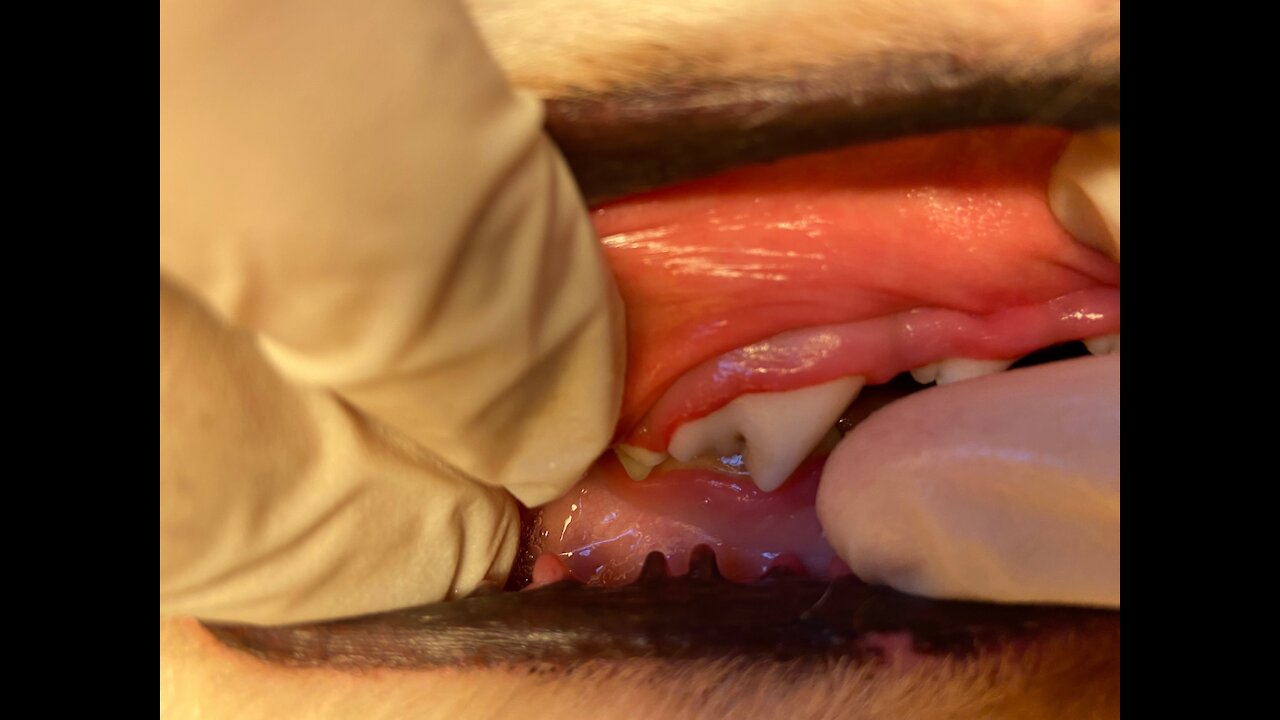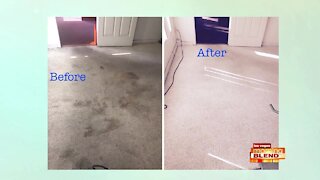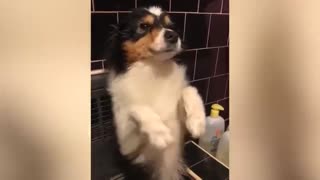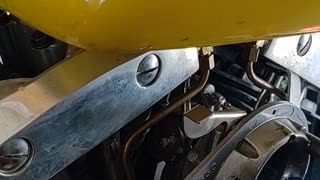Premium Only Content

after cleaning my dog teeth.
You probably don't know, but your pet's mouth can give valuable information about how his health is doing. It is important to pay attention to any changes he may have in his teeth and gums. If you notice any injury or fracture, speak to a veterinarian immediately.
Another important point is that, like you, your pet also needs regular hygiene to have a healthy and quality life. And one of the best ways to prevent diseases is by brushing his teeth daily or at least 3 times a week. It is preferable to brush from a puppy, just like we humans who get used to it from a young age. Anyway, if your dog is an adult and has never brushed, there are no problems. It is always time to start.
BENEFITS OF BRUSHING
Brushing canine teeth is essential for their health because it prevents bad breath, tartar and plaque that can cause infections and develop bacteria that can reach his bloodstream and damage his vital organs.
HOW TO BRUSH?
1) To brush the pet's teeth, choose an appropriate brush or a thimble and NEVER use human toothpaste, as it contains abrasives and other substances that can cause irritation. Do not use a human toothbrush either.
2) With the appropriate object, go through all of your dog's teeth. Never press the brush's bristles against his gums. Do not use your strength to not hurt yourself. Don't brush fast. Be patient if your dog is unaccustomed and very careful when brushing. The important thing is to gradually get used to it and play with it.
3) You don't need to rinse his mouth. Canine toothpaste is made just so that there is no problem with ingestion.
TIPS
1) Try to include in your dog's diet foods containing sodium hexametaphosphate (HMP) because this component is a mineral that, added to the food, prevents and reduces the accumulation of dental calculus in animals.
2) Take your pet to the veterinarian regularly, because even with healthy teeth, your dog should have a check up every six months, just like you.
As unfortunately many people do not know the importance of taking care of their pet's oral hygiene, in the end they end up having to take him to a veterinary clinic to clean tartar, whose procedure is complex, involves general anesthesia and has a cost high.
-
 5:34
5:34
KTNV
4 years agoCleaning Up After T-Day
20 -
 0:09
0:09
Koutsompolis
4 years agoDog after take a shower
13 -
 0:58
0:58
Curshe
4 years agoStarting after cleaning s&s shorty super e
44 -
 2:06:35
2:06:35
TimcastIRL
6 hours agoSCOTUS Rules For Trump, INJUNCTIONS Blocked, Birthright Citizenship MAY END | Timcast IRL
219K89 -
 9:07:53
9:07:53
Dr Disrespect
14 hours ago🔴LIVE - DR DISRESPECT - TOP 10 HOTTEST DEMOS OF 2025
179K12 -
 28:51
28:51
Scary Mysteries
16 hours agoDeath in Every Town - The Road Was His Hunting Ground
18.4K2 -
 11:23
11:23
China Uncensored
6 hours agoChina’s Navy Has Done Something It’s NEVER Done Before
26.8K5 -
 7:31
7:31
Millionaire Mentor
9 hours agoLiberals Lose It LIVE When Asked to House an Immigrant
32.8K9 -
 1:21:15
1:21:15
Glenn Greenwald
11 hours agoLocals Mailbag: Glenn Answers Questions on Panic Over Zohran, SCOTUS Rulings, Israel/Iran War, & More | SYSTEM UPDATE #478
130K49 -
 3:47:57
3:47:57
Nerdrotic
11 hours ago $11.06 earnedMarvel's IronSHART! Not Another Hollywood Bailout?! FNT Is Under ATTACK! | Friday Night Tights 360
79.7K13